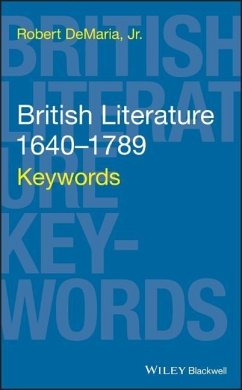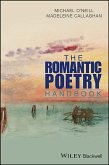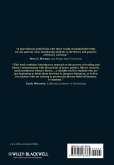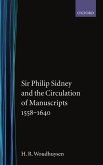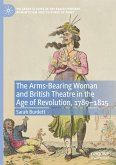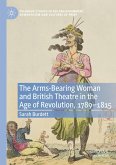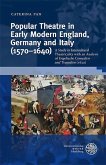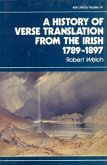An indispensable reference for scholars and students of eighteenth-century English literature This addition to the celebrated Wiley-Blackwell Keywords series explores the meanings of fifty-eight of the most important words in British literature of the period 1640-1789. Professor DeMaria focuses on words used with frequency and urgency throughout the works of most major and several minor writers of the British Neoclassical era, with the occasional reach back to the early seventeenth century for a definitive usage found in Francis Bacon, for instance, and look forward to the nineteenth century to the works of Wordsworth, Austen, and Keats. Through discussions of words such as atom, economy, humanity, labor, machine, slavery, society, and system he reveals underlying assumptions about the way writers of the period thought about the physical and social world. Likewise, considerations of words such as happiness, passion, truth, and virtue shed light on the ethical and moral commitments of the age. Unlike dictionaries and many big-data semantics projects, this book brings forth the ambiguities, nuances, and ironies that accrued to word usages during the period through a heightened awareness of the contexts in which they occurred. * Highlights and exposes the salient cultural and literary debates and metamorphic moments of cultural thought * Reveals an increase in irony and a decrease in allegorical usage as an important trend in the evolution of literary language during the Neoclassical period * Stresses the contexts within which words or phrases appear in order to offer a fuller understanding of their meanings and significance than available from digital databases * Draws upon a vast compilation of sources from one of the most transformative eras of English literature Rigorous in its scholarship and historical reach, British Literature 1640-1789: Keywords is an indispensable resource which scholars and students of British Neoclassical literature will want to keep close at hand. It is certain to become a fixture of most university reference libraries.
"This is a magisterial anthology, skilfully selected and rigorously edited by Robert DeMaria, with crisp, authoritative explanatory material. The fourth edition of British Literature 1640-1789 retains the exciting openness of earlier editions to voices from the margins while intensifying its focus on the major authors and works as we teach them today." Thomas Keymer, University of Toronto
"Already the gold standard for this period, British Literature 1640-1789 keeps getting better. The range and inclusiveness of genres and authors is remarkable and inventive - no instructor will be at a loss for the canon or the non-canonical. In fact, this anthology helps reshape the canon. No such collection can ever be perfect, but this one comes as close to perfection as the form allows. Headnotes are superb and succinct, the layout and design eminently inviting to the eye." James Engell, Harvard University
"Already the gold standard for this period, British Literature 1640-1789 keeps getting better. The range and inclusiveness of genres and authors is remarkable and inventive - no instructor will be at a loss for the canon or the non-canonical. In fact, this anthology helps reshape the canon. No such collection can ever be perfect, but this one comes as close to perfection as the form allows. Headnotes are superb and succinct, the layout and design eminently inviting to the eye." James Engell, Harvard University
